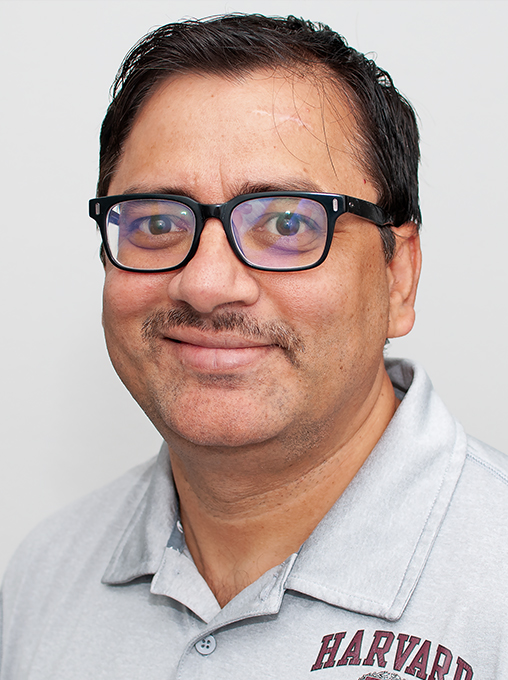Columns
The growing burden of stroke
Improving large-scale healthcare facilities across Nepal’s local, provincial and federal levels is crucial.
Pushpa Raj Joshi
Stroke, also known as ‘brain attack’, is a medical emergency that occurs when blood flow to the brain is disrupted, leading to damage or death of brain cells. The two main types of strokes—ischemic (damage caused by a lack of blood supply) and hemorrhagic (bleeding into the brain tissue)—are prevalent worldwide, including in Nepal. The major risk factors of stroke include high blood pressure, diabetes, physical inactivity, obesity, and so on.
The World Health Organization’s (WHO) 2022 Global Stroke Factsheet highlights that the lifetime risk of experiencing a stroke has surged by 50 percent in the last 17 years. It also suggests that one in four individuals is likely to suffer from a stroke during their lifetime. Alarmingly, stroke-led mortality is the second leading cause of death and a leading cause of disability worldwide, according to the WHO. Further, research findings underscore that South Asians have a double risk of experiencing strokes than Europeans, linked to increasing dyslipidemia, diabetes mellitus and central obesity within the South Asian demographic. While communicable diseases have historically dominated Nepal’s health landscape, non-communicable diseases like stroke have been a formidable challenge in recent times. Nepal exhibited a relatively higher crude and age-standardised prevalence of stroke in its southwestern part in 2018, with cases reaching 2,368 and 2,967 per 100,000 population, respectively.
Addressing the challenge
Nepal’s changing demographic of the ageing population is one of the main factors contributing to the surge in stroke cases. The ageing process is connected to an increase in cardiovascular diseases, hypertension and diabetes, collectively amplifying the susceptibility to stroke. Moreover, the evolving lifestyles impacted by urbanisation and modernisation lead to sedentary habits, unhealthy diets and increased tobacco use. These result in hypertension and obesity—the major risk factors for stroke.
Research reveals that healthcare infrastructure challenges, particularly in rural Nepal, have added to the number of stroke cases. Limited access to healthcare facilities and preventive services impedes early detection and management of stroke risk factors. Amid this depressing circumstance, Nepal’s general public and healthcare professionals lack sufficient knowledge about the warning signs, risk factors and the importance of seeking prompt medical attention. The fact that Nepal has only one stroke-specialised neurologist suggests the need for targeted intervention and healthcare initiatives in stroke care.
As the problem of stroke increases, investing in healthcare infrastructure, particularly in rural areas, by establishing hospital stroke units, training and educating healthcare professionals about its risk factors, and ensuring the availability of necessary equipment and medications is imperative. The medicines and diagnostic tests can be expensive for a majority of the Nepali population. Unofficial data posted in a reputable hospital in Kathmandu reveals that over 50 percent of stroke patients succumb to their condition within the hospital premises primarily due to their inability to afford the finances required for its diagnosis and treatment. Therefore, the government should extend financial support to stroke patients who cannot pay exorbitant treatment costs.
Implementing a health insurance system that specifically addresses the challenges posed by high mortality and morbidity diseases, such as stroke, would be a commendable step. Public health campaigns should be initiated to raise awareness about the importance of a healthy lifestyle, regular exercise, health checkups and a healthy diet. Schools, colleges and community centres can serve as the hub for health education programmes. Moreover, screening programmes for hypertension and diabetes can aid in the early detection and management of stroke risk factors. Public education about the urgency of seeking medical help and recognising the early signs of stroke can significantly reduce the severity of this condition.
Nepal stroke project
Continuous research and surveillance are crucial for understanding Nepal’s evolving stroke epidemiology to guide policymakers in developing targeted interventions and allocating resources effectively. The Nepal Stroke Association inaugurated a nationwide initiative in 2021—Nepal Stroke Project—in collaboration with scientists from the University Hospital Heidelberg, Germany, to deliver fundamental stroke care accessible to all. The project has successfully enlisted the participation of 20 hospitals and is expanding to transform tertiary care centres into facilities well-equipped for stroke-ready hospitals and raise public awareness. The Hospital Partnerships funding programme of the German Development Cooperation (GIZ) supports the project and is making consistent strides toward alleviating stroke in Nepal.
Initiatives focused on enhancing and expanding healthcare facilities on a larger scale across local, provincial and federal levels are essential in the battle against stroke. Addressing the root causes, strengthening healthcare systems, promoting preventive measures through serious commitment and collaboration, as well as individual behavioural changes, can all mitigate the impact of stroke. Only then will we be able to pave the way for a healthier future for Nepalis.




 9.89°C Kathmandu
9.89°C Kathmandu















